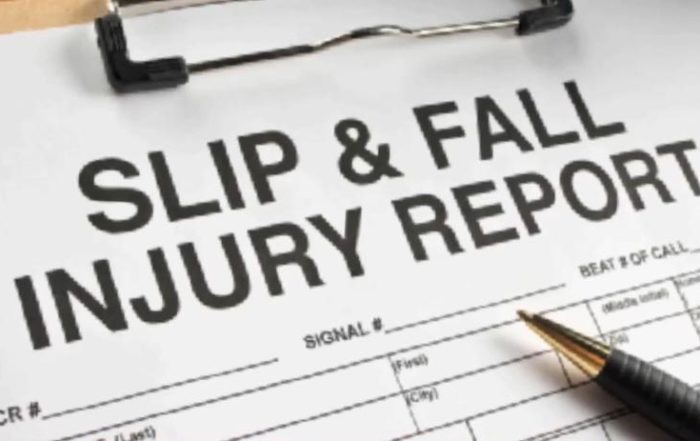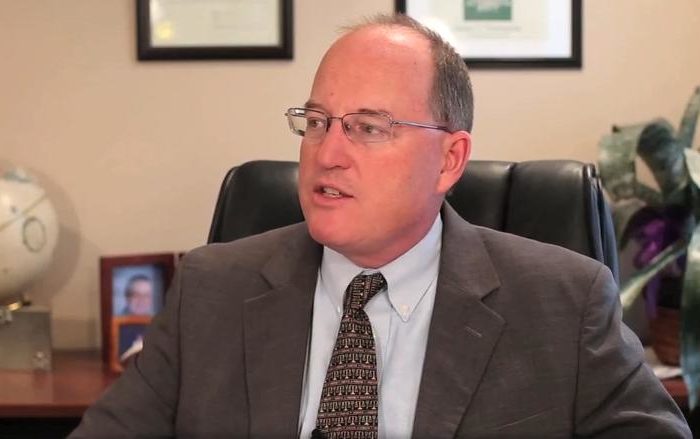Chapter 7 Bankruptcy
Chapter 7 is a liquidation of assets. Upon filing the petition, all efforts to collect your debts, including lawsuits, are stayed until the bankruptcy is completed. This I called the automatic stay. The court assigns a trustee to examine your assets as well as your income and expenses. To the extent that you have assets they are liquidated to payoff your creditors. However, there are exemptions for certain types of property. These exemptions include amounts for real estate, automobiles, retirement assets, household goods and many others. In the vast majority of cases our office is able to justify enough exemptions so that the trustee considers your case a “no-asset bankruptcy”. In this way, you are able to retain all of your assets and eliminate your debt. This elimination of debt is called a discharge.
If your debts have accumulated beyond your means to repay them, the mounting financial pressures and creditor harassment can be extremely stressful. When you look at the money coming in and the amounts you owe to numerous parties, the situation may seem hopeless at times. Do not just stick your head in the sand. Please understand that there is relief. My office is in Norristown, Pennsylvania and I have helped hundreds of people in your position escape from debt and start over by filing Chapter 7 bankruptcy. I am an experienced bankruptcy attorney and routinely represent individuals throughout Montgomery County, Pennsylvania.
Chapter 7 Bankruptcy Allows For a Fresh Start
Personal bankruptcy through Chapter 7 eliminates most unsecured debts:
- Credit card balances
- Charge accounts
- Most judgments
- Certain tax debt
- Gambling debt
- Medical bills
- Wage garnishment
You do not have to pay those creditors back and they must stop calling your home, your relatives and your work as soon as you file. Certain debts such as recent taxes, student loans and child support are not erased, but by wiping out your other debts you will have more money to meet those obligations.
Won’t I Lose Everything?
Many people fear they will have to give up what they own by filing for bankruptcy. Most filers do not lose anything. Chapter 7 is also known as liquidation — a bankruptcy trustee liquidates your assets to repay creditors. However, most assets are protected by exemptions: you can keep your home and car as long as you continue payments, and retirement funds and most personal belongings are also exempt. As your bankruptcy lawyer I will explain which debts are dischargeable and which assets, if any, you would forfeit.
Will Bankruptcy Ruin My Credit?
Your credit rating is already low if you have high debt, late or missed payments, or judgments filed against you. You may initially have trouble getting credit or be charged higher rates. However, within a short time, you will qualify again for loans and credit cards at market or near-market rates. Bankruptcy is an opportunity to repair blemished credit.
Can Anybody File Chapter 7 Bankruptcy?
In 2005, Congress changed the consumer bankruptcy law to implement an income means test. If you earn more than the median household income for Pennsylvania (after taking certain permitted deductions), you may be required to file for Chapter 13 (reorganization of debts). The means test is complicated and you need an experienced Montgomery County PA Bankruptcy Attorney to help you pass.
Mr. Monaghan was a very helpful and supportive attorney who exhibited a professional and organized firm. He was wonderful and now my worries are gone. The process was smooth and my stress level has decreased. I highly recommend anyone to use Mr. Monaghan as an attorney to help with their needs.
I would recommend Attorney Monaghan to anyone seeking excellent legal representation. He was very informative and eased any anxiety I was having with the process. His assistant Linda is a great part of his team. He was always available for questions whenever I had them. Perfect 10.
Extremely knowledgeable and professional. Jim ensured that I was well informed and supported at each step. Excellent communication and correspondence throughout the process. I felt very safe being represented by Jim.
Jim was very helpful with my workers’ comp case. He really sped up the process in which the insurance company needed to do. Also, he has a calming, reassuring aspect of his character that honestly I wish all lawyers would have.
Jim was awesome! Very patient and kept me informed of everything that was going and what was going to happen. I would recommend him to anyone who needs lawyer services.




